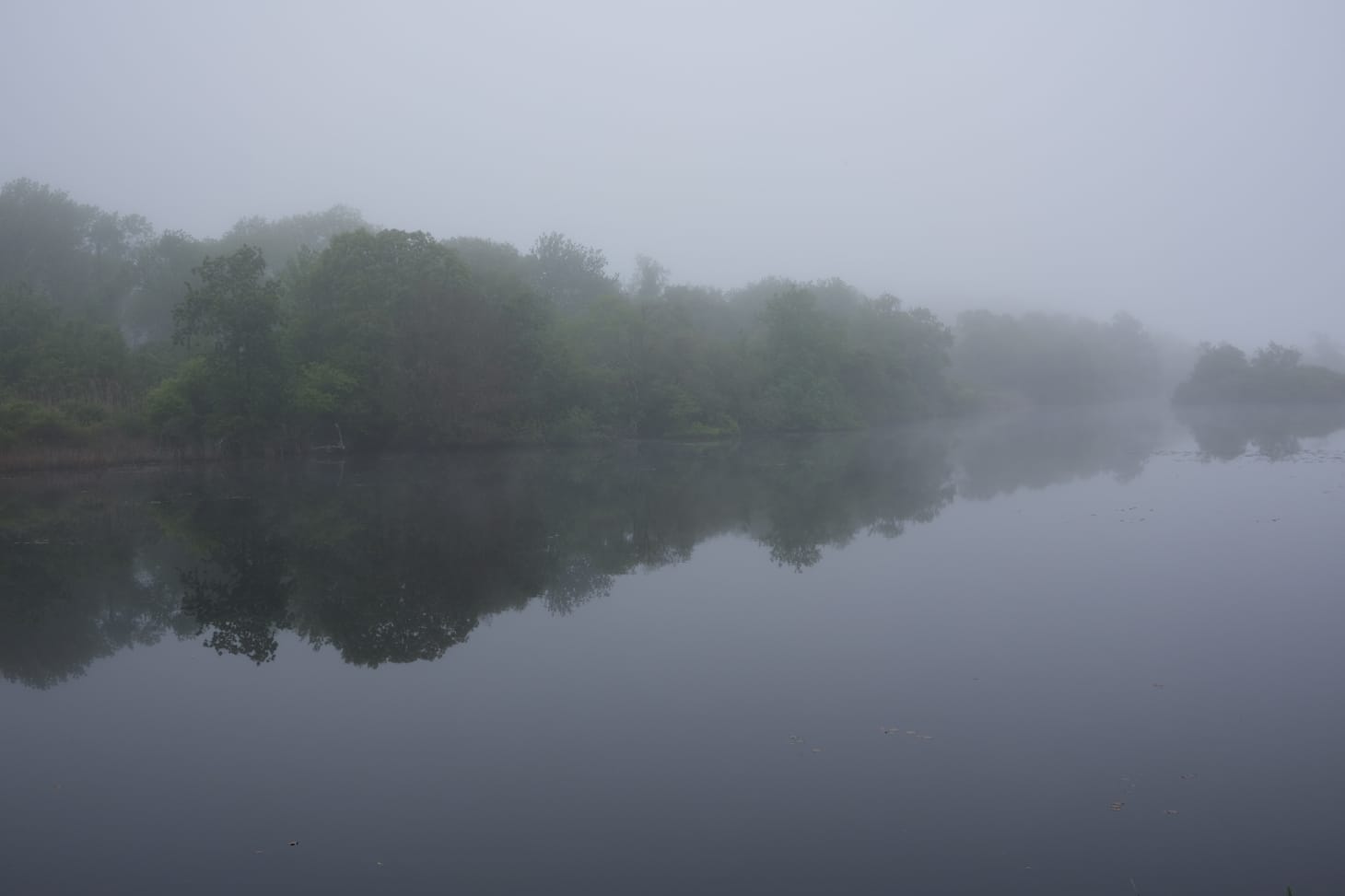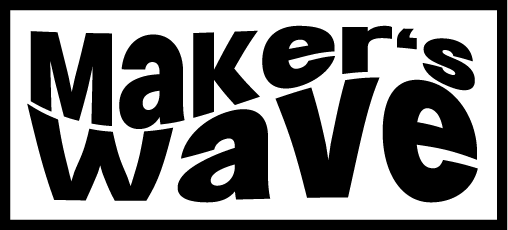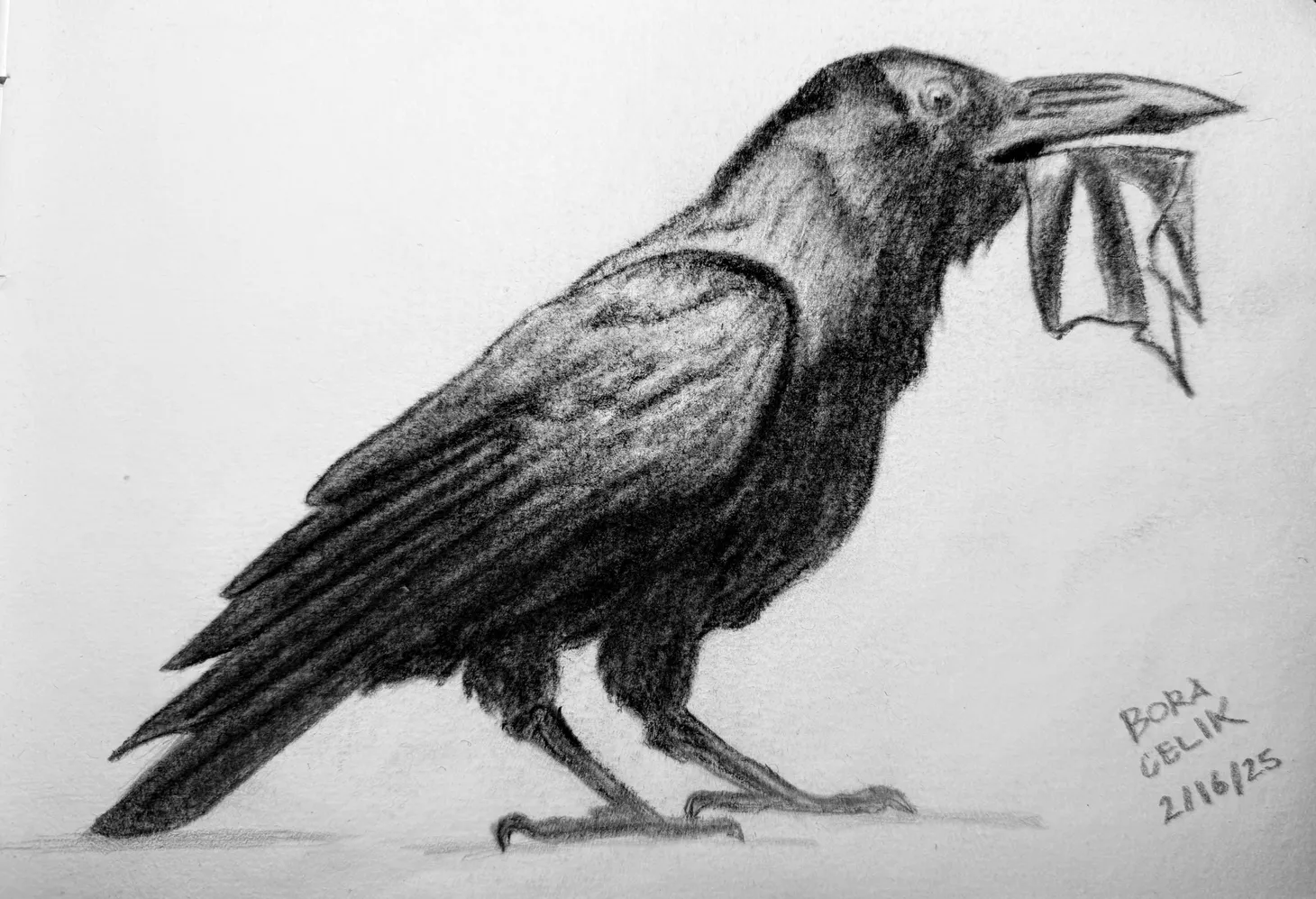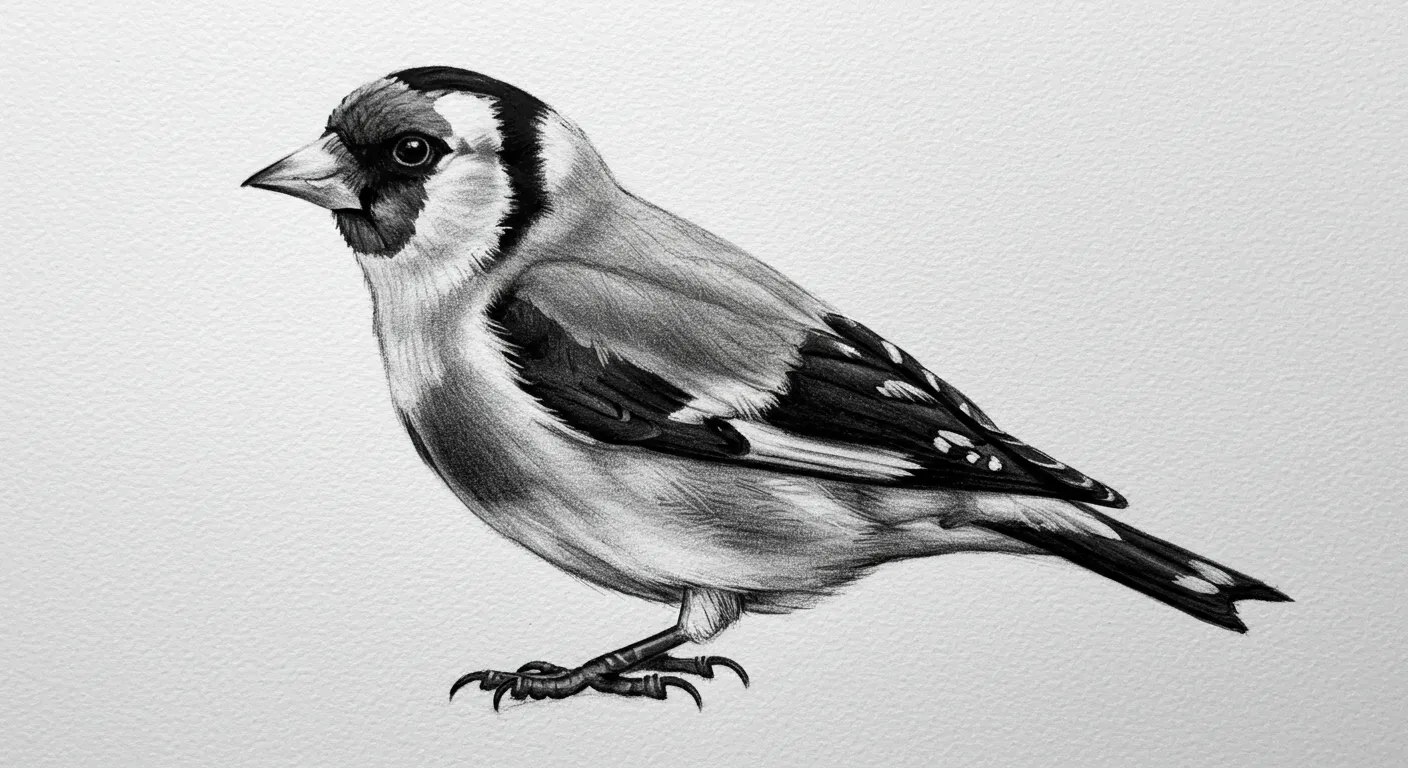Startup as artist

The Future of Business: Infusing Artistry into Startups
In 2018, musician and entrepreneur Pharrell Williams gave a presentation to the Berklee College of Music community for a course. [1]
The course description says, “In this course, artists are developing business-related skills that will be fundamental in their career.”
Artists developing business-related skills…
As an entrepreneur on a journey to unlock the secrets of creativity and innovation, my mind flipped that around to: “Businesses need to be developing artist-related skills.”
The name of the Berklee course is “The Artist as a Startup”
My concept was born:
Startup-as-artist.
Artists bring something new into the world. A new approach. A new perspective.
The startup of the future needs to think and create like an artist. More human in every way. More creative. Infused with interesting ideas at every turn.
The products of the future must have soul. They must be new and interesting. They must engage people emotionally.
This is the only way to stand out.
As an engineer-founder, I’ve always systematically approached problems. Like an engineer.
Now, with AI doing the engineer-y thinking and engineer-y doing, much of the experience we have gained over the years is becoming obsolete.
We must now build up a new kind of experience as builders of startup-as-artist. Experience that has taste, artistry, and creativity at its core.
As makers building a startup-as-artist, we need to improve our taste and develop our creativity muscle to become an idea machine.
An idea machine finds ideas from different fields and concocts them. We must become relentless idea concocters.
Think of an ocean. Near the surface, there are smaller fish. The bigger fish are in the depths. Those are hard to find and hard to catch.
The big fish is the big idea. [2] We must go to the depths to catch the big idea. This means the shallow activities in our lives must be replaced with deep activities.
AI has simplified building new products and launching startups, saturating the market quickly. I wrote about why it’s become so much easier to execute ideas due to this phenomenon.
Most ideas are taken, so they are not new or interesting.
The old way of building startups is no longer going to work. The new way needs something different. Something that could help the creation stand out and make people care.
When people experience the same thing from many sources, they stop caring. They tune things out.
To make them care, we need to present novel and interesting ideas. Things that generate an emotional response.
Of course, it’s really hard to come up with novel and interesting ideas. All the obvious ideas are taken. That’s why when you come up with an idea and then google it, you’ll more likely than not find someone else who’s already doing it.
Sitting in front of the computer and expecting the mountain to come to Mohammad is not going to work.
We have to go to the mountain.
Going to the mountain requires making changes in our professional and personal lives. We must bring our hidden creative hibernating in the depths back up to the surface.
And this is how we can build a startup-as-artist.
It's important to understand that creating a startup is not the same as building a creative startup. It's a common misconception that just because a startup is being created, by its nature, there is creativity at play. No. It's possible to build non-creative startups. I would argue that the vast majority of startups are non-creative.
My favorite definition of a creative startup is one that is 1) original, 2) surprising, and 3) generates value. The ideal startup-as-artist would meet all three of these characteristics.
In future essays, I’ll explore the essential components required to build a startup-as-artist. These include how to schedule a creative day, daily rituals for creativity, the process of generating ideas, habits for reducing distractions, creating the white space in our brains for ideas to thrive, a beginner’s mindset, outsider thinking, fostering curiosity and childlike wonder, resting professionally (naps and sleep), generating ideas during and at the edge of sleep, and more.
[1] Two Beats Ahead: What Musical Minds Teach Us About Innovation by Panos A. Panay, R. Michael Hendrix
[2] Catching the Big Fish: Meditation, Consciousness, and Creativity by David Lynch
Maker's Wave Newsletter
Join the newsletter to receive the latest updates in your inbox.




